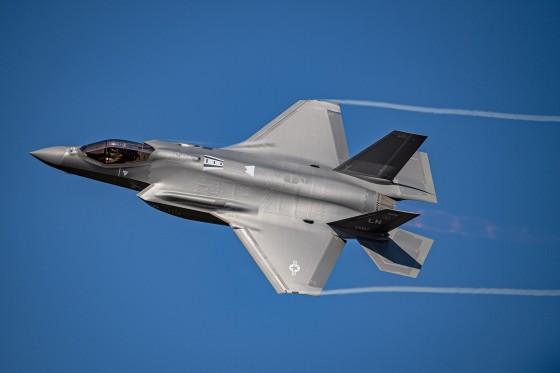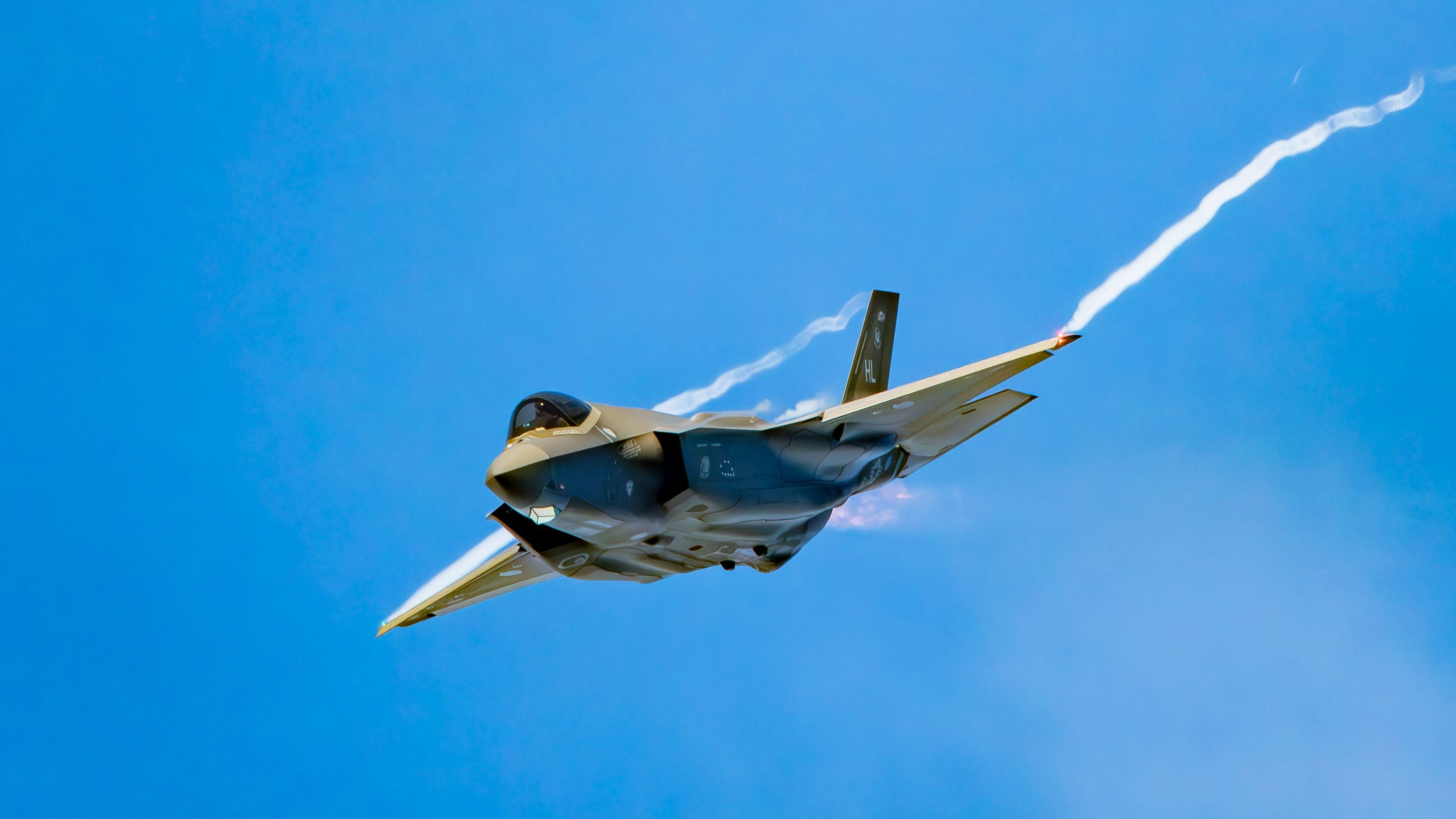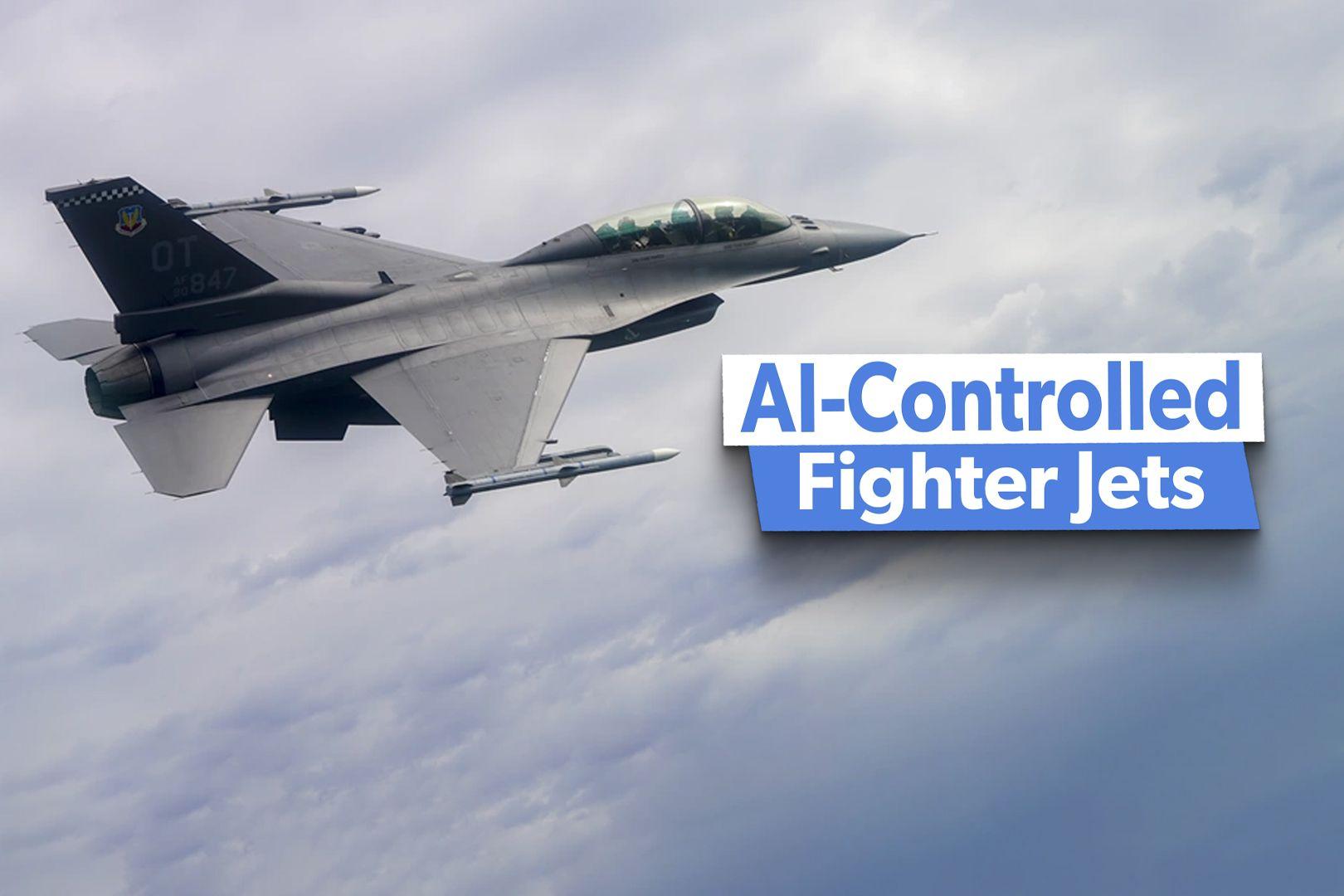Jets Part Ways with Joe Douglas: Analyzing the Decision and Its Implications
The New York Jets’ decision to part ways with Joe Douglas marks a significant shift in the organization’s management structure. After five seasons at the helm, Douglas’ tenure was characterized by a combination of bold draft picks and high-profile trades, yet the team consistently struggled to find sustained success on the field. Under his leadership, the Jets experienced a mix of rebuilding phases and fleeting moments of hope, but the ultimate lack of playoff appearances raised questions about his strategies and long-term vision for the franchise. With Phil Savage stepping in as interim GM, the Jets are signaling a potential pivot in their approach to team building as they seek to rectify years of missteps and galvanize a roster that has seen its fair share of struggles.
The implications of this decision extend far beyond merely shifting personnel in the front office. By moving on from Douglas, the Jets are also sending a clear message regarding accountability and performance expectations. As Savage takes over, fans and analysts alike will be watching closely to see how he navigates the complex landscape of player evaluation and contract management during this pivotal offseason. Key factors for Savage’s success will include reassessing the current roster, possibly making strategic trades, and preparing a comprehensive draft strategy aimed at revitalizing a stagnant Jets franchise. Ultimately, this transition could define the team’s future direction, making the coming months critical for both the immediate and long-term prospects of New York football.

Phil Savage Takes the Helm: What This Means for the Team’s Future
In the wake of Joe Douglas’s departure, Phil Savage’s ascension to the role of interim general manager signals a significant shift in the New York Jets’ organizational strategy. With an extensive background in player evaluation and management, Savage brings a fresh perspective to a franchise in search of stability and direction. His experience across various roles in the NFL, including stints with the Baltimore Ravens and Cleveland Browns, equips him with the knowledge to make crucial decisions that could reshape the team’s roster and overall philosophy.
As the Jets enter a pivotal phase, there are several key areas Savage will need to address to set the organization on a successful course:
- Player Development: Enhancing the growth of young talent is critical for the future success of the team.
- Draft Strategy: With the upcoming draft on the horizon, making informed choices will be essential for building a competitive roster.
- Team Culture: Instilling a winning mentality and effective communication within the locker room can foster better performance on the field.
Savage’s approach will be scrutinized closely as fans and analysts alike hope for a path that leads to sustained success and a brighter future for the Jets.

The Path Forward: Key Areas for Improvement in the Jets Front Office
The New York Jets find themselves at a critical juncture following the dismissal of GM Joe Douglas. As they look to forge a new path under interim GM Phil Savage, several key areas demand immediate attention to restore the franchise’s competitiveness. First and foremost, the Jets need to enhance their player evaluation process. This includes refining scouting methodologies to better identify talent not only during the NFL Draft but also in free agency and potential trades. A more efficient approach could substantially reduce the number of missteps seen in previous drafts, where high picks often did not meet expectations.
Another vital area for improvement lies in establishing a cohesive vision and direction for the franchise. This involves fostering better communication and collaboration between the front office, coaching staff, and ownership. By creating a unified strategy, the Jets can avoid the disjointed efforts that have plagued them in the past. Additionally, the organization should prioritize the development of young players, ensuring that they are equipped with the necessary tools and coaching to succeed at the professional level. A commitment to implementing robust player development programs will not only enhance on-field performance but also strengthen the team’s long-term outlook.

Rebuilding the Roster: Strategic Recommendations for the Interim GM
With the Jets moving in a new direction after the departure of Joe Douglas, interim GM Phil Savage faces the challenge of reconstructing a roster that has struggled to find consistent success. The first step is a thorough evaluation of the current player base. This includes assessing each player’s performance, contract situations, and potential trade value. Savage must focus on key areas such as offensive line depth, playmaking capabilities in the pass game, and bolstering the defensive front. Prioritizing these areas will not only streamline the roster but also establish a foundation for future success.
As Savage embarks on this rebuilding phase, leveraging the upcoming draft and free agency will be critical. The Jets possess an opportunity to reshape their identity and improve their prospects through strategic acquisitions. Potential tactics include:
- Targeting high-impact free agents who fit the team’s culture and needs.
- Exploring trade options for established players while maximizing draft capital.
- Investing in young talent during the draft, aiming for high-upside prospects who can contribute early.
By implementing these strategies, Savage can set the Jets on a path toward revitalization and build a competitive squad for the future.

